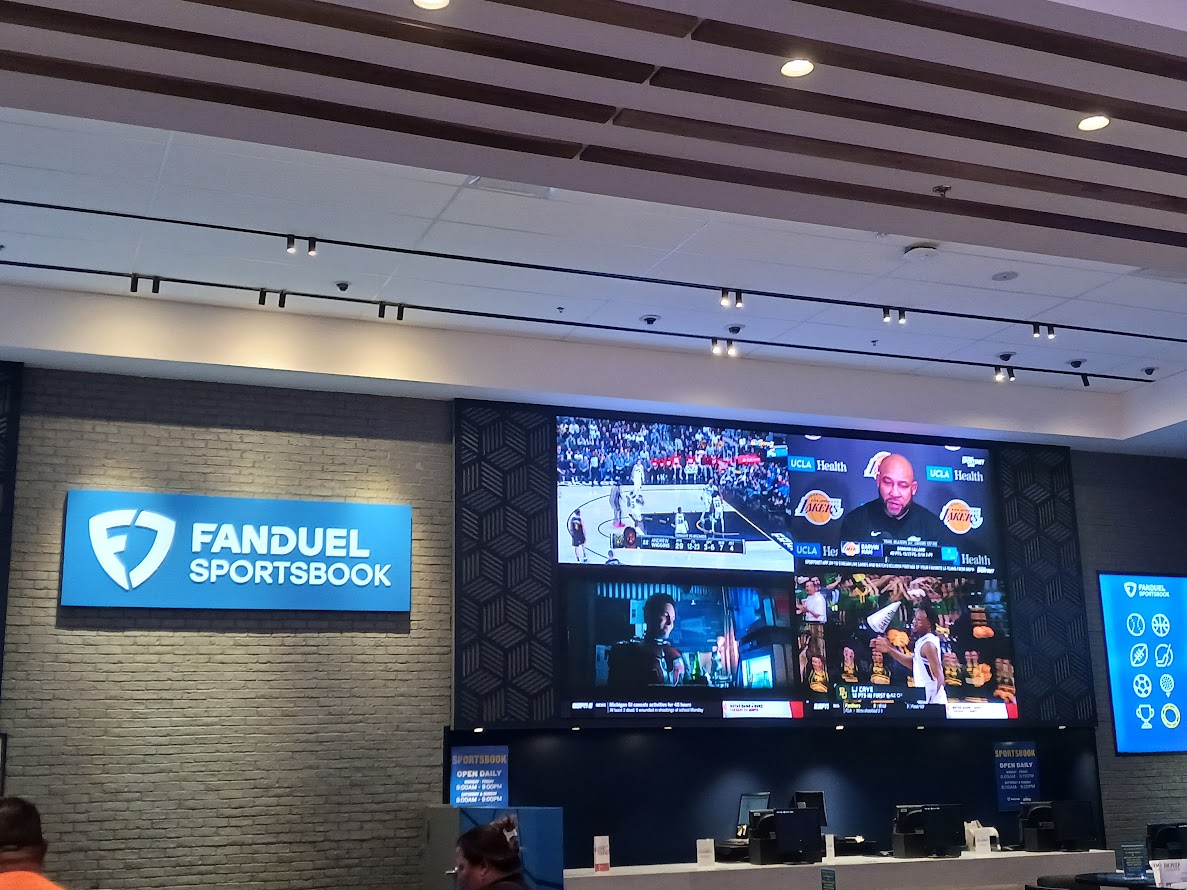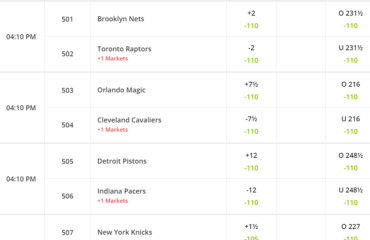In one of the crazier online gambling stories, a Jacksonville Jaguars employee managed to lose over $20 million on FanDuel over several years. Most of the money was thrown away on daily fantasy sports contests and not the prop kind. It was not until the employee visited Tennessee and bet on sports that FanDuel decided to report it to the NFL.
The Jacksonville Jaguars used virtual credit cards. Amit Patel held a midlevel finance position with the team. He had one of these cards and managed to make tens of millions of deposits on daily fantasy sports sites and sportsbooks.
ESPN reported that the Jacksonville Jaguars asked FanDuel to return some or all the money Patel lost on the site. FanDuel, an official partner with the league, appears to have declined to do this, though negotiations appear to be ongoing. This is one of many reasons sports leagues and teams should not be involved with betting companies, as I recently wrote for BetByState.
Blame goes all around
Things must be going well for the Jaguars since it needed a sportsbook to let them know an employee embezzled $22 million. It seems impossible for an employee to spend $22 million at a sports betting and fantasy sports site without detection. However, that is exactly what happened.
Since FanDuel is a legal sportsbook, it runs credit cards legitimately, meaning the type of purchase is not hidden. FanDuel is the listed payee on these transactions. Not only did the team not ban these types of deposits, it did not even attempt to detect payments made to betting companies.
FanDuel is not innocent here. Accepting $22 million in deposits from a customer it did not bother to investigate feels like a “know your customer” problem. It flies in the face of responsible gambling protocol. FanDuel has an obligation to determine if a player can afford to lose eight figures of cash, playing some of the worst DFS lineups in history, according to expert players and reported by ESPN.
On Sunday, February 4, “60 Minutes” aired a segment on legal sports betting. The CBS News series noted that FanDuel has 93 data points at its disposal that involve finding player habits and how to cater to those characteristics. It seems impossible to believe that none of those 93 pieces of data failed to alert the company to anything suspicious.
States and the feds may have something to say
Who knows what may come out of all this. FanDuel may use the excuse that Patel lost the money mostly to other players and not the house and refuse to give the money back. However, states and the federal government may feel differently.
If FanDuel failed to check its customer’s ability to burn through $22 million, that may hurt its licensing abilities down the road when it needs the benefit of the doubt. The federal government may decide that this is a failed check by a financial institution that requires punishment. It at least hurts FanDuel’s standing in the online gambling community.
It reminds me of a Las Vegas robbery dumped into tavern slots
About 10 years ago, I used to bring my laptop to a tavern on the graveyard shift to meet morning deadlines. I saw many odd things in the middle of the night. One involved a regular customer who entered with a bag full of money, mostly in $20s and smaller denominations, to play bartop video poker. He filled the slot machine’s can, which is what holds the money on a machine, and had to move to another. He also ran the tavern out of cash trying to get larger bills.
At one point, the manager came to my table and said he was suspicious of what was happening. He knew the player but never saw him lose as much money as he was or playing at the high denominations. Eventually, the player busted. The bartender said he lost about $10,000.
Shortly after the suspicious player left, two police officers arrived at the bar looking for the player. He was accused of stealing deposits and tills from a nearby grocery store where he was the manager.
When the police left, I asked the bartender what would happen with the money the accused thief lost. He said that was their problem and that it belonged to the tavern now.
This is the same situation but on a much smaller scale. Surely there were people at FanDuel who knew something was going on with the Jaguars employee, yet did nothing about it, just as the manager knew something was not right. Both should have known better and stopped it before it got to that point.




